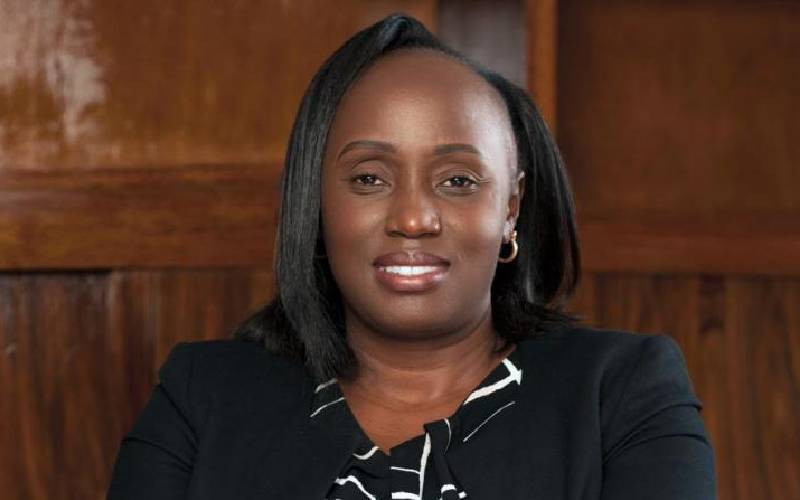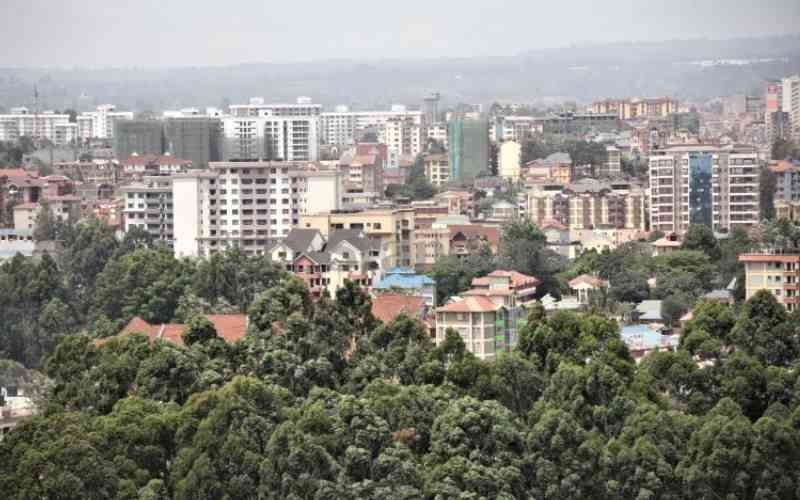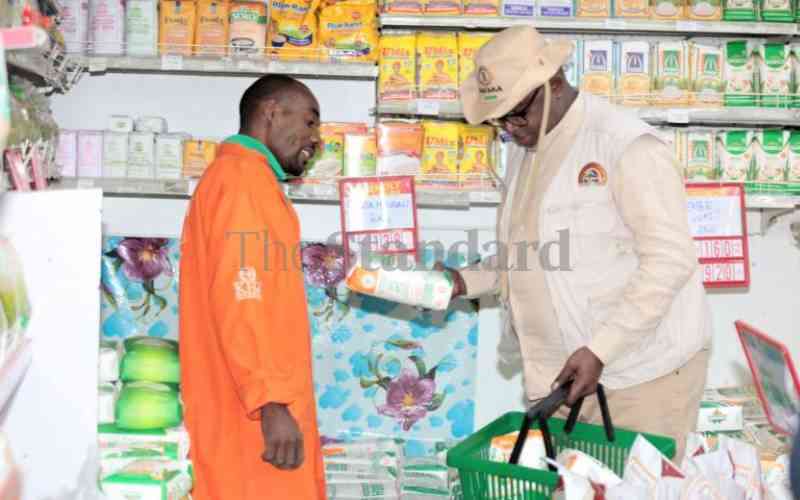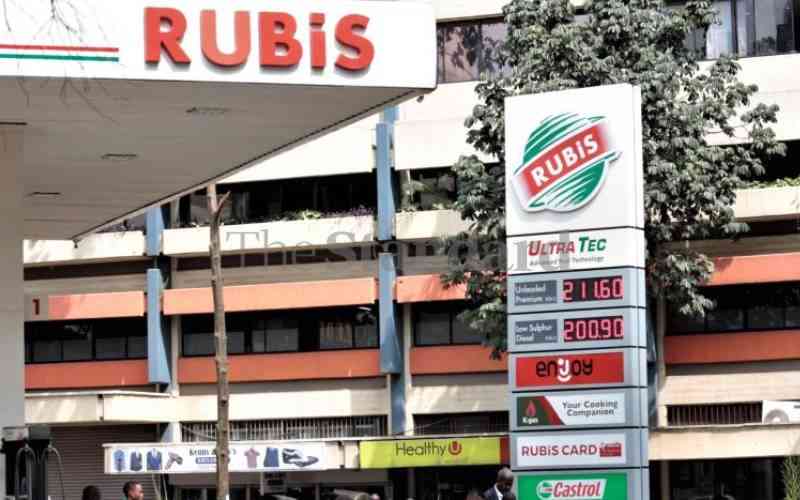By Moses Michira
NAIROBI, KENYA: The stock market was a star performer last year, helping the average investors to grow their investment by nearly 40 per cent, according to the indices tracking the performance of the bourse.
Nasi, which measures the performance of all companies listed at the Nairobi Securities Exchange, closed the year at 97.82 points, up from 68.03 in December 2011.
The benchmark NSE-20 share index, which tracks the blue chip firms soared 29 per cent to 4133.02 during the year, showing that investors made higher profits by buying into the smaller companies like Uchumi whose stock price rose by two-and-half times.
Vimal Parmar, who heads the research department for Sub-Saharan Africa at Burbidge Capital, attributes the performance of the stock market to the favourable macroeconomic factors like low inflation, declining interest rates and good corporate earnings.
“The performance of the NSE in 2012 was lifted by low inflation and good weather that supported production,” explained Parmar, adding that access to credit had supported household consumption and corporate spending.
The stock market performance last year marked a turnaround for the bourse, which fell 28 per cent in 2011, when shortage of rainfall had affected crop production leading to sharp prices hikes for basic foodstuff and soaring inflation.
Concerns about the outcome of the March 4 General Election are, however, expected to dampen prospects in the stock market, this year, indicating that a repeat performance would be doubtful.
Investors in other sectors, like housing, are already cutting back on their spending plans as they take caution over possible business disruption amid the rising political risk that normally characterise elections.
Some analysts expect subdued activity on a cautious bourse in the first part of 2013 ahead of the first presidential election since a disputed 2007 poll unleashed deadly ethnic violence.
“Given what happened in 2008 after the elections, there is still a cloud hanging around that might force some speculative investors to take a back seat,” Ronald Lugalia, a research analyst at Africa Investment Bank, told Reuters.
Swings
The local currency has been relatively stable through 2012 after the Central Bank stepped in to check heavy swings experienced in 2011 when the US Dollar exchanged at a record low for the at Sh107.50.
When the Central Bank did finally jack up its key lending rate in the second-half of 2011, commercial banks followed suit, raising interest rates to around 25 per cent in the first-half of this year before the central bank started to ease borrowing costs again.
Safaricom, which is second largest firm at the NSE in terms of market capitalisation, finished the year trading above its initial listing price after being unable to break the Sh5 ceiling for years since its listing. EABL is the largest at Sh209.5b.
Shares of the mobile telecommunications company, that also has the broadest investor base, rose 71 per cent in the year.
Other top counters at the NSE are Crown Paints and cigarette manufacturer, British-American Tobacco, whose shares rose by 107 per cent and 100 per cent.
 The Standard Group Plc is a multi-media organization with investments in media
platforms spanning newspaper print operations, television, radio broadcasting,
digital and online services. The Standard Group is recognized as a leading
multi-media house in Kenya with a key influence in matters of national and
international interest.
The Standard Group Plc is a multi-media organization with investments in media
platforms spanning newspaper print operations, television, radio broadcasting,
digital and online services. The Standard Group is recognized as a leading
multi-media house in Kenya with a key influence in matters of national and
international interest.
 The Standard Group Plc is a multi-media organization with investments in media
platforms spanning newspaper print operations, television, radio broadcasting,
digital and online services. The Standard Group is recognized as a leading
multi-media house in Kenya with a key influence in matters of national and
international interest.
The Standard Group Plc is a multi-media organization with investments in media
platforms spanning newspaper print operations, television, radio broadcasting,
digital and online services. The Standard Group is recognized as a leading
multi-media house in Kenya with a key influence in matters of national and
international interest.









